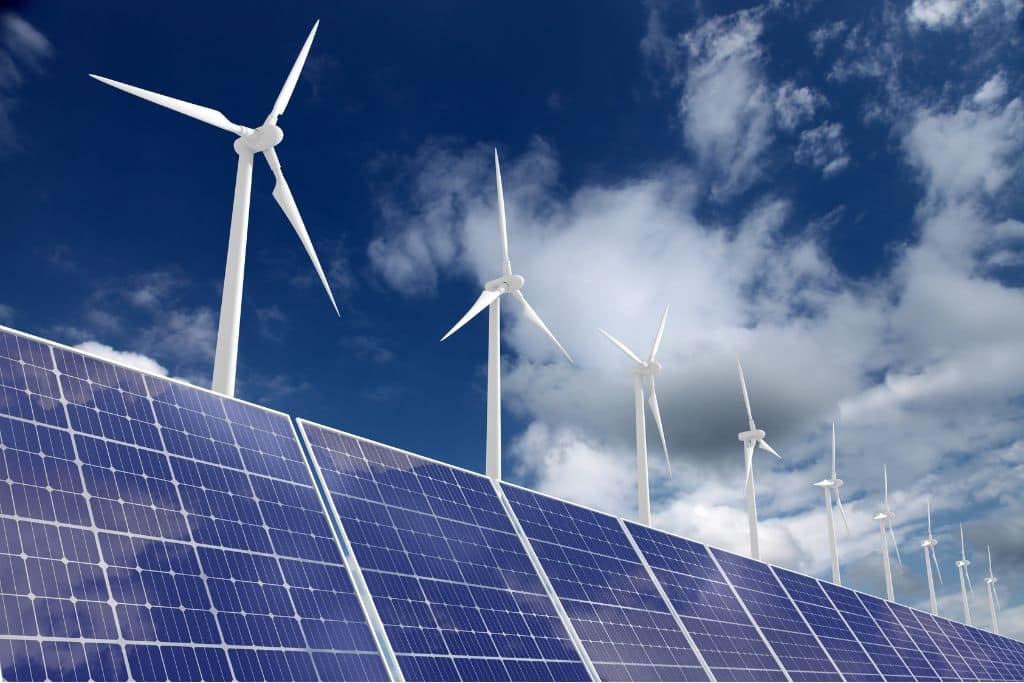
Off-grid communities face unique challenges when it comes to accessing reliable and sustainable energy solutions. In many remote areas, the traditional power grid simply does not reach, leaving residents with limited access to electricity. However, with advancements in technology and a growing focus on renewable energy sources, specialized energy solutions are now breaking barriers and providing off-grid communities with access to reliable power.
Solar power has emerged as a popular choice for off-grid communities looking to harness renewable energy sources. Solar panels can be installed in remote locations to capture the sun's energy and convert it into electricity. This clean energy source is not only sustainable but also cost-effective in the long run. Additionally, advancements in solar battery storage technology have made it possible for off-grid communities to store excess energy for use during periods of low sunlight, ensuring a more consistent power supply.
Wind power is another specialized energy solution that is gaining popularity in off-grid communities. Wind turbines can be installed in windy areas to generate electricity, providing a reliable source of power even when the sun is not shining. Like solar power, wind energy is renewable and environmentally friendly, making it an attractive option for off-grid communities looking to reduce their reliance on fossil fuels.
Hydropower is also being utilized as a specialized energy solution for off-grid communities located near rivers or streams. Small-scale hydroelectric systems can be installed to harness the power of flowing water and convert it into electricity. This reliable and consistent energy source is especially beneficial for off-grid communities that experience regular rainfall or snowmelt, ensuring a constant supply of power throughout the year.
In addition to renewable energy sources, innovative technologies such as microgrids are being deployed to provide off-grid communities with reliable power. Microgrids are localized energy systems that can operate independently of the main power grid, making them ideal for remote areas. These systems can incorporate a mix of renewable energy sources, energy storage solutions, and smart grid technologies to optimize energy production and distribution, ensuring a stable and sustainable power supply for off-grid communities.
Energy efficiency measures are also playing a crucial role in breaking barriers for off-grid communities. By implementing energy-efficient appliances, lighting, and building materials, these communities can reduce their overall energy consumption and rely less on external power sources. Energy-efficient technologies not only help off-grid communities save money on energy bills but also contribute to a more sustainable and environmentally friendly way of living.
Community engagement and empowerment are key components of successful energy solutions for off-grid communities. By involving residents in the decision-making process and providing training on energy management, these communities can take ownership of their energy systems and ensure their long-term sustainability. Empowering community members to become energy-conscious and actively participate in energy conservation efforts can lead to greater energy independence and resilience in off-grid communities.
Breaking barriers with specialized energy solutions for off-grid communities is not without challenges. Limited access to financing, lack of technical expertise, and regulatory barriers can hinder the adoption of renewable energy technologies in remote areas. However, with the right support from governments, non-profit organizations, and the private sector, off-grid communities can overcome these obstacles and transition to more sustainable and reliable energy solutions.
In conclusion, specialized energy solutions are revolutionizing the way off-grid communities access and utilize power. By harnessing renewable energy sources such as solar, wind, and hydropower, implementing innovative technologies like microgrids, and promoting energy efficiency measures, these communities can break barriers and achieve energy independence. With the right support and resources, off-grid communities can overcome challenges and thrive in a sustainable energy future.